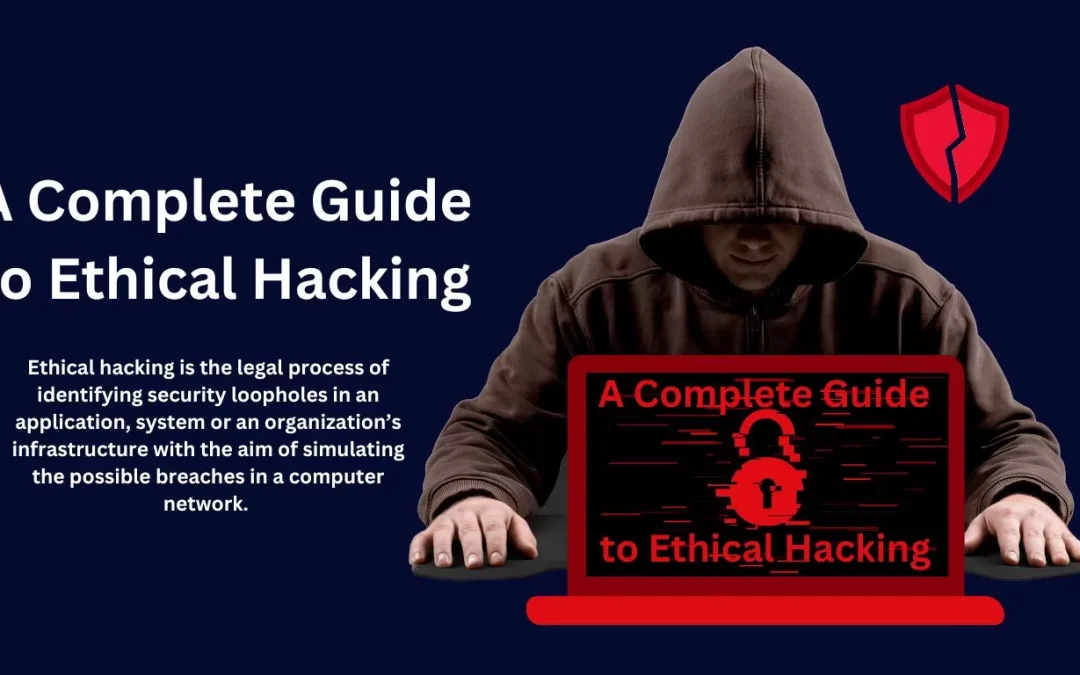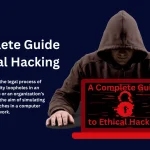Why Ethical Hacking is Valuable Today
In a world where digital threats are increasing daily, ethical hackers—also known as “white hat” hackers—are the good guys who use hacking skills to protect systems rather than harm them…
2. What is Ethical Hacking? (Simple Definition)
-
Ethical hacking is the process of legally testing systems or websites for weaknesses.
-
The goal is to find and fix security problems before bad hackers exploit them.
Include key terms like:
-
White hat hacker
-
Penetration testing
-
Vulnerabilities
-
Permissions
3. Key Steps in the Ethical Hacking Process
a. Information Gathering
-
Learning as much as possible about the target (e.g., websites, IPs, open ports).
-
Tools: Google Dorking, Whois lookup, Nmap.
b. Scanning & Enumeration
-
Scanning for open ports and services running on the target.
-
Tools: Nmap, Nessus, Nikto.
c. Gaining Access
-
Finding vulnerabilities and trying to exploit them.
-
Tools: Metasploit, Hydra.
d. Maintaining Access
-
Testing whether the attacker can stay inside the system without detection.
e. Clearing Tracks (Optional but educational)
-
Ethical hackers don’t usually hide their work, but learning this helps understand how real attackers behave.
f. Reporting
-
Writing a report to show what was found, how it was exploited, and how to fix it.
Keep the tone light and relatable. For example:
Think of it like being a digital locksmith. You test if the doors are locked—and if not, you let the owner know.
4. Beginner-Friendly Ways to Start Learning Ethical Hacking
✅ Use Linux-based Operating Systems (like Kali Linux)
-
Kali comes with built-in tools used by ethical hackers.
✅ Try Safe Hacking Labs
-
Metasploitable, DVWA, and TryHackMe (safe virtual environments for learning).
✅ Learn Basic Networking
-
Understanding IPs, ports, firewalls, etc., is important.
✅ Learn Programming
-
Start with Python or Bash scripting. Knowing how software works helps you break (and fix) it.
5. Recommended Tools for Beginners
-
Nmap – Network scanning
-
Wireshark – Analyzes network traffic
-
Burp Suite – Web vulnerability testing
-
Aircrack-ng – Tests Wi-Fi security
-
Metasploit – Launches and manages exploits
6. Encouragement and Continuous Learning
-
Ethical hacking is a marathon, not a sprint.
-
Practice consistently. Don’t worry if it feels hard at first.
-
You don’t have to be a genius—just curious and willing to learn.
Suggested resources:
-
YouTube Channels like NetworkChuck or The Cyber Mentor
-
Books: The Web Application Hacker’s Handbook, Hacking: The Art of Exploitation
7. Conclusion
Ethical hacking isn’t just for the tech elite—it’s for anyone who’s curious, committed, and wants to help protect the digital world. Start small, stay consistent, and you’ll be amazed at how far you can go.







